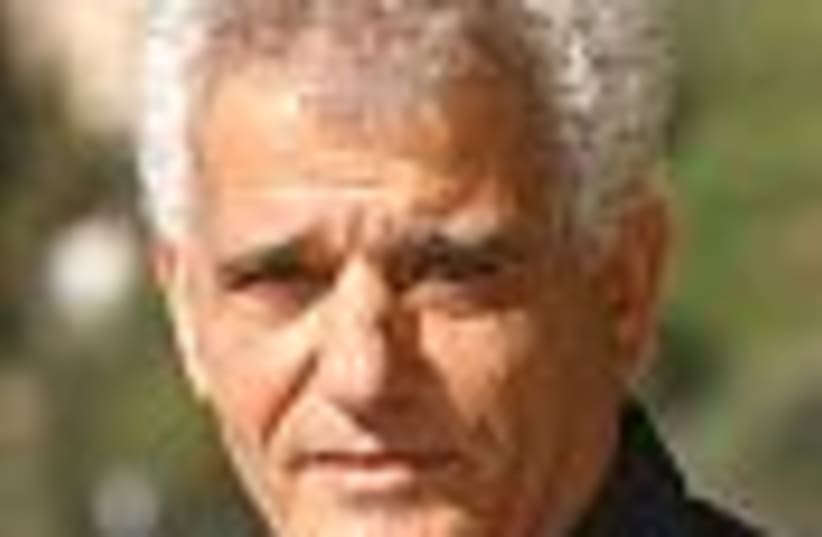| More about: | Benjamin Netanyahu, Vincent van Gogh, Hillary Rodham Clinton, Ariel Sharon |
Chasing windmills
"Good leadership doesn't necessarily bring about good results," says HU professor David Dery.


| More about: | Benjamin Netanyahu, Vincent van Gogh, Hillary Rodham Clinton, Ariel Sharon |